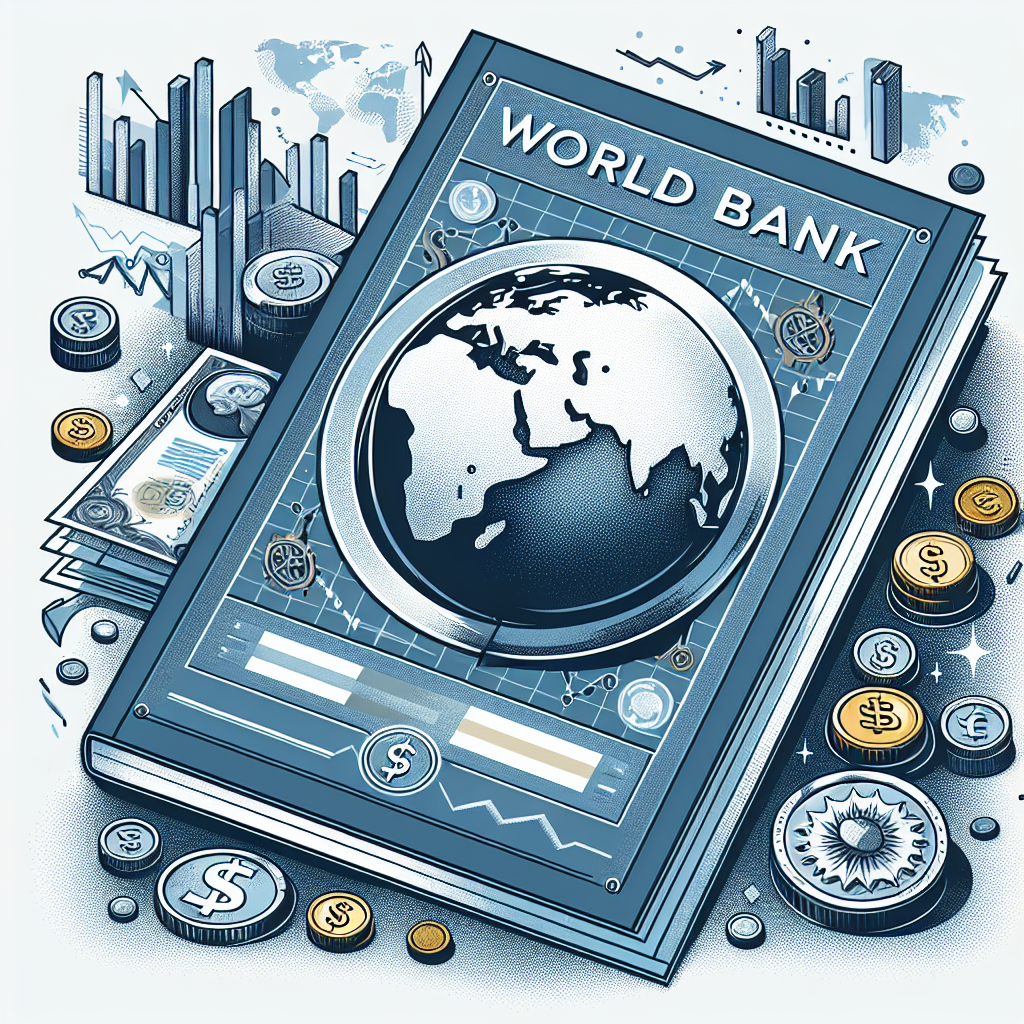South Sudan Economic Monitor 7th Edition: Navigating the Path to Recovery Amid Crisis
The SSEM is an annual World Bank report that evaluates key economic trends, projections, and policies affecting South Sudan.

The 7th Edition of the South Sudan Economic Monitor (SSEM), titled 'A Pathway to Overcome the Crisis,' released today by the World Bank, provides a comprehensive assessment of the country’s economic challenges and the necessary steps for recovery. The report highlights that South Sudan's economy is projected to contract by a staggering 30 percent in FY24/25 due to the disruption of oil production, which has significantly reduced export revenues. However, the economy is expected to rebound in FY25/26 if oil exports, particularly from the Dar Blend Oil, resume.
Five Consecutive Years of Economic Decline
According to the report, South Sudan’s economy has experienced continuous decline over the past five years, with Gross Domestic Product (GDP) per capita estimated to drop to nearly half of its FY20 levels. The key driver behind this downturn is the disruption in oil production, leading to a daily revenue loss estimated at $7 million. This shortfall has severely strained public finances, resulting in unpaid salaries, reduced essential service delivery, and a deteriorating economic environment.
Mounting Challenges: Inflation, Poverty, and Food Insecurity
The SSEM outlines a grim reality for South Sudan, where hyperinflation and widespread food insecurity have pushed nearly 80 percent of the population into crisis conditions, while poverty has surged to an estimated 92 percent. Weak governance, poor oil revenue management, and ineffective fiscal policies have further exacerbated the crisis. Additionally, the underdeveloped financial sector restricts economic diversification and limits access to credit, further hindering recovery efforts.
Path to Stability and Growth
Despite these economic setbacks, the report highlights opportunities for South Sudan to stabilize and grow. The government has signaled its commitment to undertaking reforms aimed at tackling macroeconomic and fiscal challenges, improving governance, and ensuring fiscal sustainability.
Charles Undeland, World Bank Group Country Manager for South Sudan, emphasized the significance of decisive reforms, stating:
“The situation is very challenging, but the government has committed to implementing reforms to enhance macroeconomic stability and fiscal sustainability. These reforms will allow the government to improve the delivery of essential services. By maintaining economic stability, strengthening governance, and enacting strategic structural reforms, South Sudan can unlock its private sector’s potential and lay the groundwork for recovery and prosperity. The World Bank Group is keen to support the government in these efforts.”
Key Policy Recommendations
The SSEM provides a framework for policy interventions that could aid South Sudan in tackling its economic crisis. These include:
- Strengthening Macroeconomic Framework:
- Enhancing exchange rate flexibility and limiting monetary financing of deficits to ensure macroeconomic stability.
- Improving Oil Revenue Management:
- Enhancing transparency and efficiency in fiscal policies related to oil revenues.
- Boosting Non-Oil Revenues & Diversification:
- Expanding economic diversification efforts beyond oil dependency and supporting other sectors such as agriculture and trade.
- Addressing Salary Arrears:
- Implementing a credible strategy to clear government salary arrears and ensure timely wage payments.
- Reducing Poverty & Enhancing Growth:
- Strengthening agricultural production, implementing key structural reforms, and investing in social spending.
Investing in South Sudan’s Future
Kamer Karakurum Ozdemir, World Bank Senior Economist, emphasized that addressing the root causes of poverty and ensuring long-term stability requires a fundamental shift in South Sudan’s policy and institutional framework.
“A fundamental shift in policy and institutional frameworks is needed to alleviate poverty and enhance economic growth. Many of these actions are long-standing government commitments that need urgent implementation. Investing in human capital, creating jobs, fostering private sector growth, and strengthening local institutions are key to South Sudan’s recovery.”
About the South Sudan Economic Monitor (SSEM)
The SSEM is an annual World Bank report that evaluates key economic trends, projections, and policies affecting South Sudan. It serves as a vital resource for policymakers, business leaders, analysts, and development partners engaged in macroeconomic and structural reforms in South Sudan.
With the right mix of policy interventions and sustained commitment to reforms, South Sudan has the potential to overcome the ongoing crisis and chart a path toward stability and economic recovery.
- READ MORE ON:
- South Sudan
- World Bank
- South Sudan Economic Monitor










